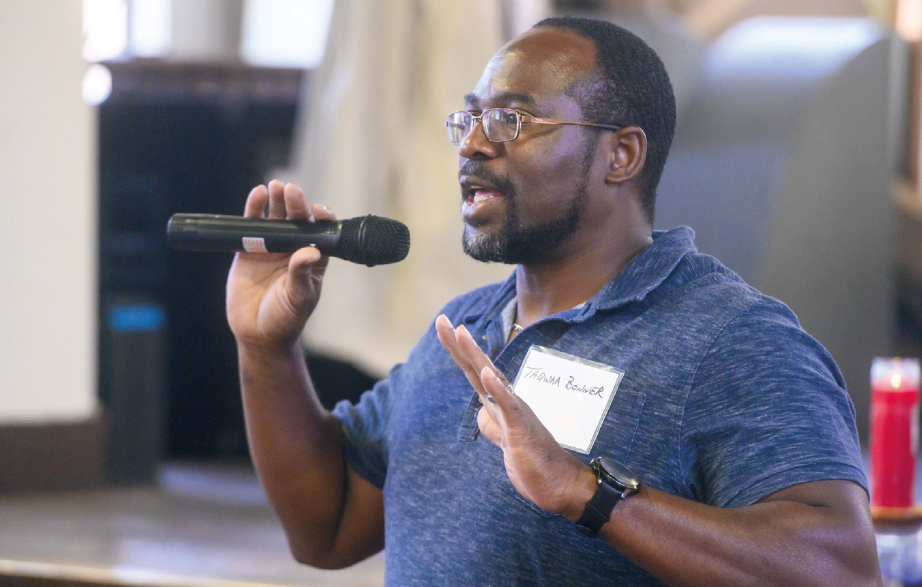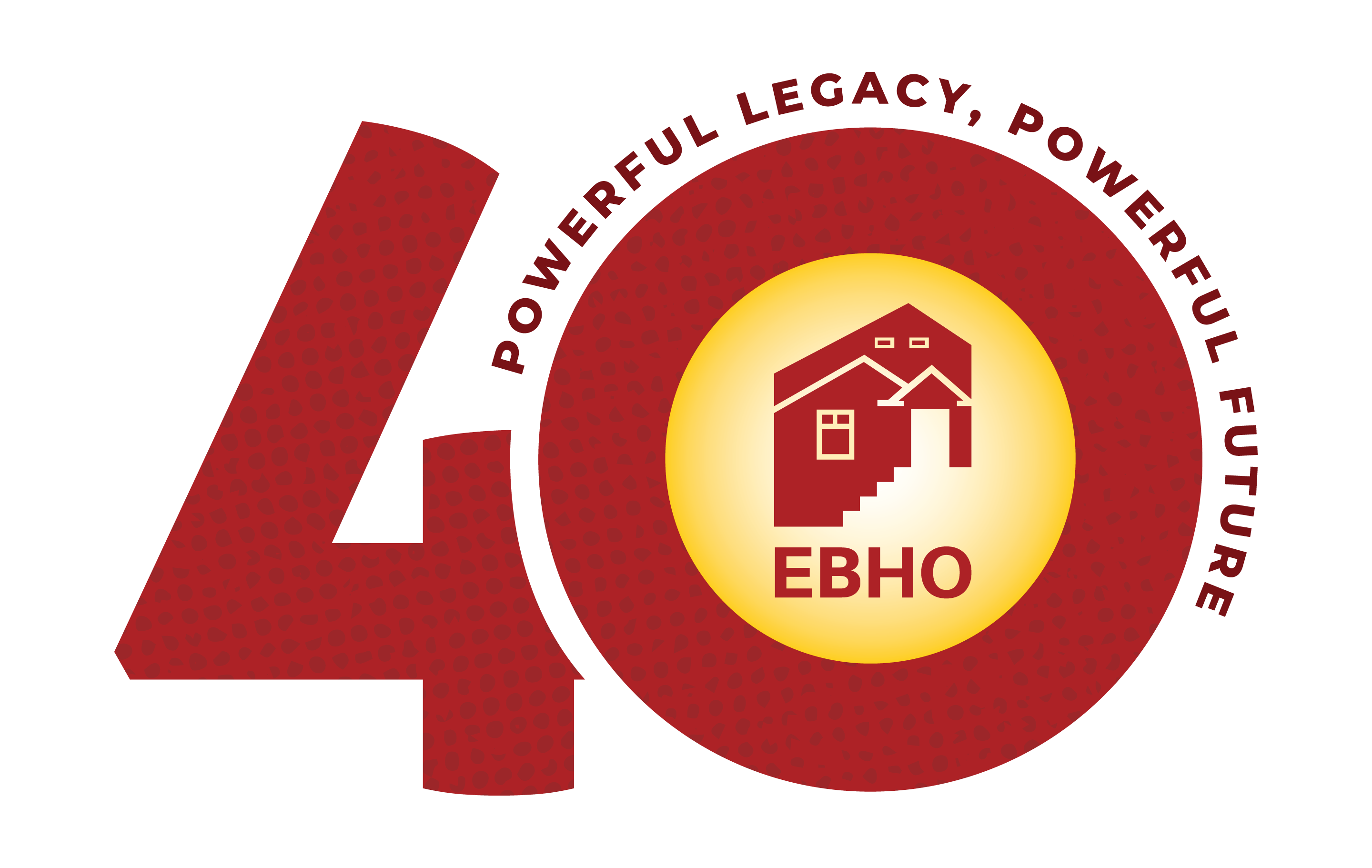A Fair Chance at Housing
Creating a path from incarceration to stable affordable housing
By Alex Werth, Policy Manager at EBHO
As you’re reading this, you already know how hard it is to find an affordable place to live in the East Bay. As one of the most expensive regions in the country, the cost of a home or apartment has become inaccessible to all but a few.
Now, imagine how hard it would be if you were coming out of prison or jail. Research shows that, for formerly incarcerated people, stable and affordable housing is vital to reconnecting with family and community, finding a job, and avoiding recidivism. But on top of all the economic barriers in the East Bay, there are policies and practices that specifically exclude people with histories of arrest or incarceration from accessing housing.
The most widespread of these is the use of criminal background checks to screen out rental applicants. Organizations from the National Employment Law Project to the U.S. Department of Justice have noted that background checks are notorious for containing inaccurate or misleading information. Still, according to the National Multi-Housing Council, an estimated 80% of large apartment owners conduct criminal background checks on applicants.
In California, state law requires people on parole to return to their county of last legal residence. This means that thousands of residents return to Alameda and Contra Costa counties each year only to find that their ability to reclaim their lives is constrained by not only the housing crisis, but also routine discrimination. It’s thus no surprise that when Just Cities surveyed unsheltered residents of encampments in Oakland, they found that 73% were formerly incarcerated. Indeed, nationwide, formerly incarcerated people are ten times more likely to experience homelessness than the rest of the population.
“Ban the Box” campaigns
Formerly incarcerated people’s ability to access housing is not just a matter of rehabilitating individuals and communities; it’s also a matter of racial justice. There are stark racial disparities at every stage of the criminal legal system. Black Americans, in particular, are more likely to be arrested, charged, incarcerated, and sentenced to more severe prison terms than whites due to inequalities in policing, prosecution and other procedures. This is especially true in areas with large Black and brown communities, like the East Bay, which have been unjustly targeted through the war on drugs. Thus, Black men are ten times more likely than white men to be incarcerated in California. Given these inequalities, which are rooted in systemic racial bias, the Obama administration ruled in 2015 that criminal background checks are a de facto violation of U.S. anti-discrimination law.

The racialized costs of criminal background checks have become known thanks in large part to the activism of local organizations like All of Us or None. Recently, All of Us or None’s “Ban the Box” movement has spread from the job market to rental housing applications. The Alameda County Fair Chance Housing Coalition, led by Just Cities, has pushed for laws in Oakland and Berkeley that will prohibit all housing providers – private, public and non-profit – from either asking about or using a background check to evaluate an applicant’s criminal history. Rather than reduce them to the stigma of incarceration, this will allow systems-impacted people to meet the landlord and present their rental application like other tenants. Landlords will still be able to review the state registry of lifetime sex offenders, but only in ways that give applicants a fair chance to get their foot in the door. Some affordable housing providers have already started to transform their practices in order to reduce the barriers experienced by our formerly incarcerated neighbors.
Take action
How can you help repair the wounds of mass incarceration?
- As a homeowner, you can open your home to someone coming out of prison through Impact Justice’s Homecoming Project.
- As an advocate, you can follow the work of the Fair Chance Housing Coalition and make sure that any new anti-discrimination laws are supported with ample outreach, education and enforcement.
- As a housing provider, you can take a look at your policies and procedures to make sure that they’re in compliance with local ordinances, HUD guidelines, and our community’s general desire to reduce the ongoing harms of mass incarceration, such as homelessness.
This article was written original for EBHO’s 2020 Affordable Housing Guidebook
